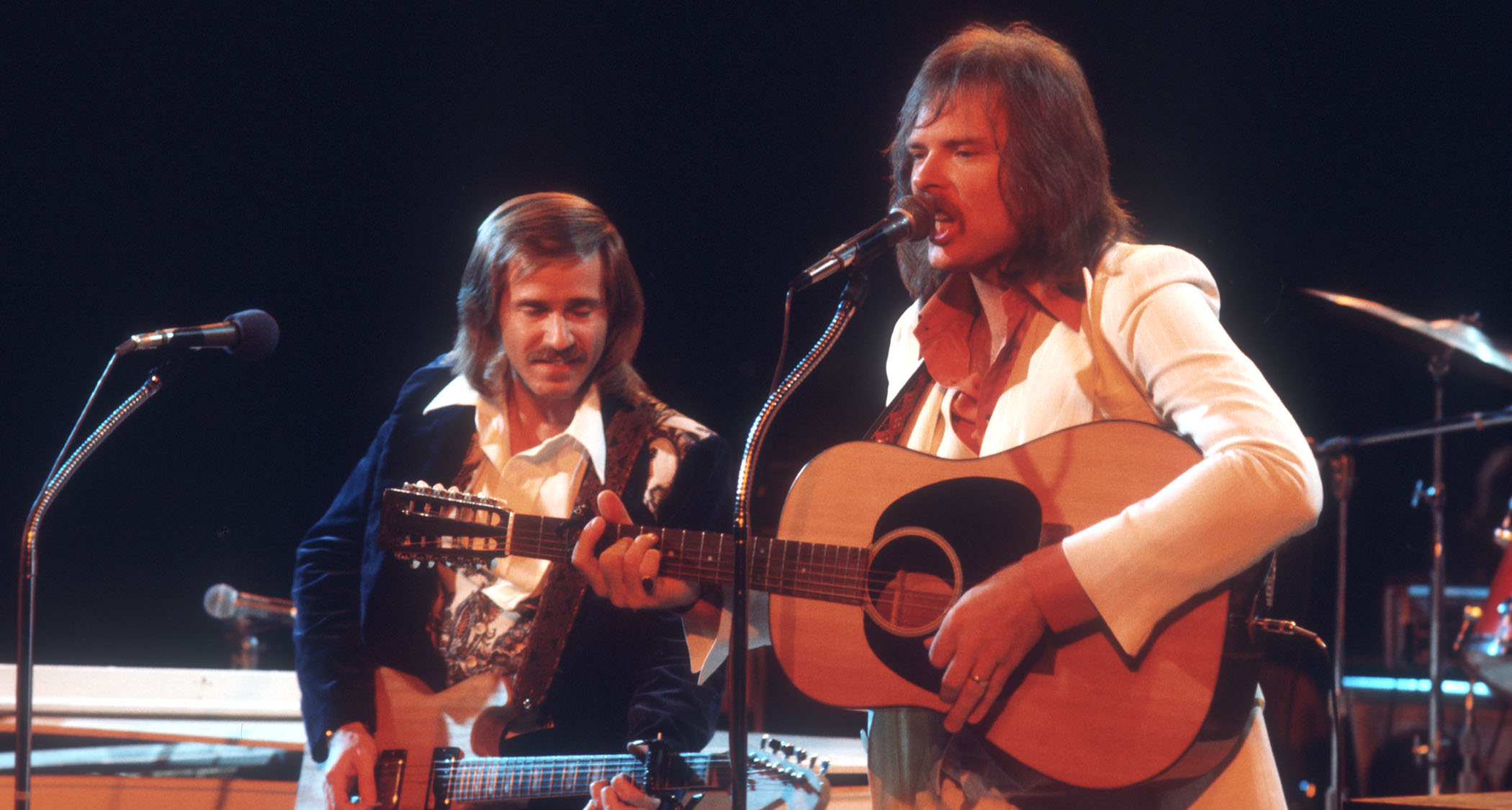Excerpt: The Making of the Smashing Pumpkins' 'Mellon Collie and the Infinite Sadness'

The following is an excerpt from Guitar World's February 2013 issue.
One can be forgiven for feeling a bit overwhelmed by the Smashing Pumpkins’ Mellon Collie and the Infinite Sadness. Released in 1995, it was a sprawling double-CD set with a nebulous conceptual underpinning, marked by extremes of existential angst and wistful romanticism set adrift in an ocean of squalling guitar furor and layers of gauzy six-string mesmerism. As such, it is an album that defines its decade while it transcends it. On the one hand, Mellon Collie is a glorious statement of the Alternative Nineties’ sound and vibe. Pumpkins guitarist, singer and principal songwriter Billy Corgan had one foot planted in the grunge guitar disruptiveness of Nirvana and their Seattle cohorts, and another in the impressionistic, “beautiful guitar noise” aesthetic of the British dream-pop scene spearheaded by bands like My Bloody Valentine. Or as Corgan put it to me in 1995 when the record first came out, “One foot in dreaming, one foot in reality—that’s what our music has always tried to represent.”But Mellon Collie’s ambitious scope and monumental dual-disc format also flew defiantly in the face of alt-rock Nineties’ minimalist orthodoxy and post-punk suspicion of anything elaborate or overwrought. Lavish orchestral overdubs and colorful splashes of autoharp, synthesizers and musique concrète were certainly well outside the grunge or riot-grrl brief. Corgan drew some winces and derisive shrugs when he stated that his intent was to create the Nineties equivalent of Pink Floyd’s The Wall or the Beatles’ White Album. But then the Pumpkins’ leader was never one to do things by half measures. “That has a lot do to with our philosophy as a band,” Corgan said in 1995. “We figure, Why put out an album that’s half good? Why not make it so that every song is your favorite song? That’s probably one of the greatest compliments we get from people. They say, ‘When I first bought your album, I liked these three songs. But after six months, these other four songs were my favorite ones.’ People actually grow and move with the album over time. There is that kind of material on the album. If you go back to it, other things will catch your ear.” Corgan’s words have proved prophetic. Mellon Collie and the Infinite Sadness has turned out to be an influential and enduringly popular album—one that helped a generation, albeit darkly, through the troubled waters of adolescence. Buoyed by massive hits like “Bullet with Butterfly Wings,” “1979” and “Tonight, Tonight,” it garnered seven Grammy nominations and ended up selling more than nine million copies. It is arguably the Pumpkins’ greatest achievement, although some might prefer the more tightly knit clobber of earlier discs like Siamese Dream and Gish. For the full story — along with features on the Who, Neil Young & Crazy Horse, Converge and more — pick up the February 2013 issue of Guitar World on newsstands now, or in our online store.
All the latest guitar news, interviews, lessons, reviews, deals and more, direct to your inbox!
In a career that spans five decades, Alan di Perna has written for pretty much every magazine in the world with the word “guitar” in its title, as well as other prestigious outlets such as Rolling Stone, Billboard, Creem, Player, Classic Rock, Musician, Future Music, Keyboard, grammy.com and reverb.com. He is author of Guitar Masters: Intimate Portraits, Green Day: The Ultimate Unauthorized History and co-author of Play It Loud: An Epic History of the Sound Style and Revolution of the Electric Guitar. The latter became the inspiration for the Metropolitan Museum of Art/Rock and Roll Hall of Fame exhibition “Play It Loud: Instruments of Rock and Roll.” As a professional guitarist/keyboardist/multi-instrumentalist, Alan has worked with recording artists Brianna Lea Pruett, Fawn Wood, Brenda McMorrow, Sat Kartar and Shox Lumania.

